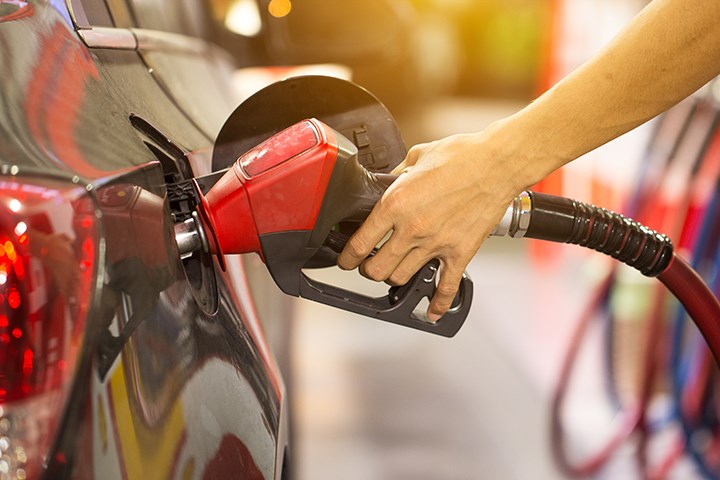
Peter Shokeir | [email protected]
High gas prices aren’t going to dissuade travellers from hitting the road this summer, according to the Alberta Motor Association.
Ryan Lemont, manager of Driver Education for the Alberta Motor Association, said most potential travellers were taking stock right now and looking at the expenses.
But despite gas costing upwards of $2 per litre in many areas across Canada, the desire to travel remains strong following COVID lockdowns and the usual winter season.
“It feels like we’ve got a lot on our plates these days, so there is still that strong desire to get out and kind of leave it all behind,” Lemont said.
“With the pandemic over the last couple of years, there’s that itch to get out and go explore, and so I don’t think high gas prices are going to stop anybody from doing any of that this summer.”
Lemont noted that high gas prices were just one more element that needed to be accounted for when planning a road trip, but it would affect long-haul travellers more and could motivate some to opt for shorter trips instead.
“Rather than maybe driving to Vancouver Island, some might be thinking of just going into our own backyard—you know, Jasper and heading out into the mountains that way.”
Lemont based his overall positive assessment off feedback from students and members of the Alberta Motor Association.
“Even from travel, they haven’t seen a decline in travel, so it’s an indication that we also want to get out and we’re not going to let those high prices stop us from having fun or relaxing, so to speak,” he said.
Managing gas prices
Lemont offered tips on how travellers can minimize their gas expenses.
Safe driving, for instance, tends to have the added benefit of being fuel efficient.
Avoid speeding and operating the vehicle aggressively.
“There’s a reason that the accelerator pedal used to be called the gas pedal,” Lemont said.
“Most vehicles have that sweet spot when it comes to the speed—usually around 85 to 90 km/h—where they get the optimal fuel economy, so reducing that speed will definitely help squeeze a couple more kilometres out of the tank.”
Motorists should stay on top of their regular vehicle maintenance.
Regular oil changes allow an engine not to work as hard.
Tire pressure should be checked before long road trips.
Motorists can check what the tire pressure should be on the inside of the door jam on the driver’s side of the vehicle.
Drivers should plan their route ahead of time and avoid any construction or collisions.
This is particularly important for those travelling in dense metropolitan areas.
“You don’t want to be sitting around and idling and waiting for everything to clear up, so plan ahead and just make sure you got that nice, clear path to wherever it is you’re heading,” Lemont said.
Other tips include exploring loyalty programs and removing extra weight from vehicles
“The real magic happens when you put all these tips and tricks together,” Lemont said.
“So, while one might not be all that effective on its own, it’s really (effective) when you start developing those long-term habits and building that into just the normal drives.”



